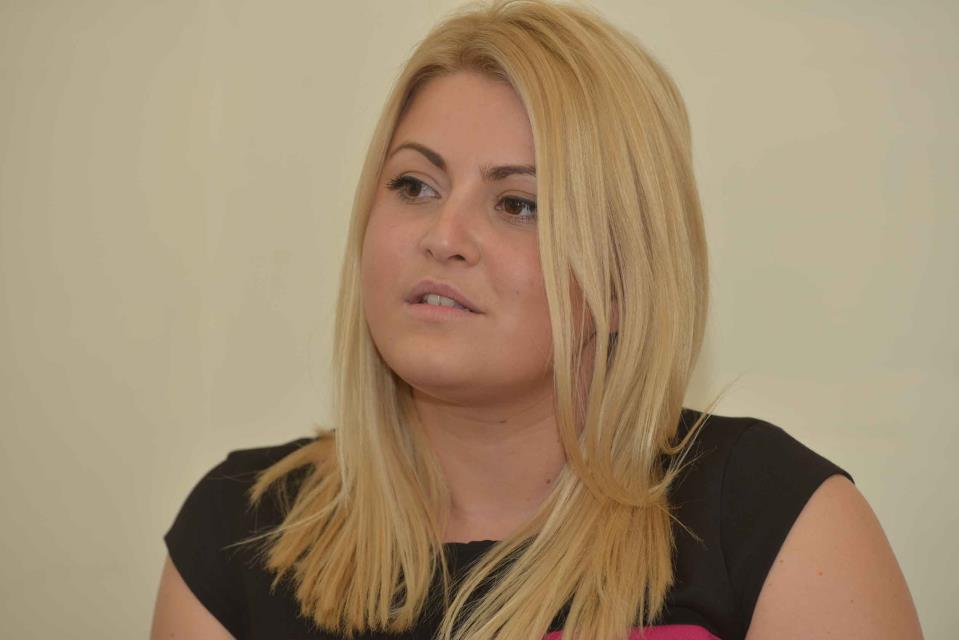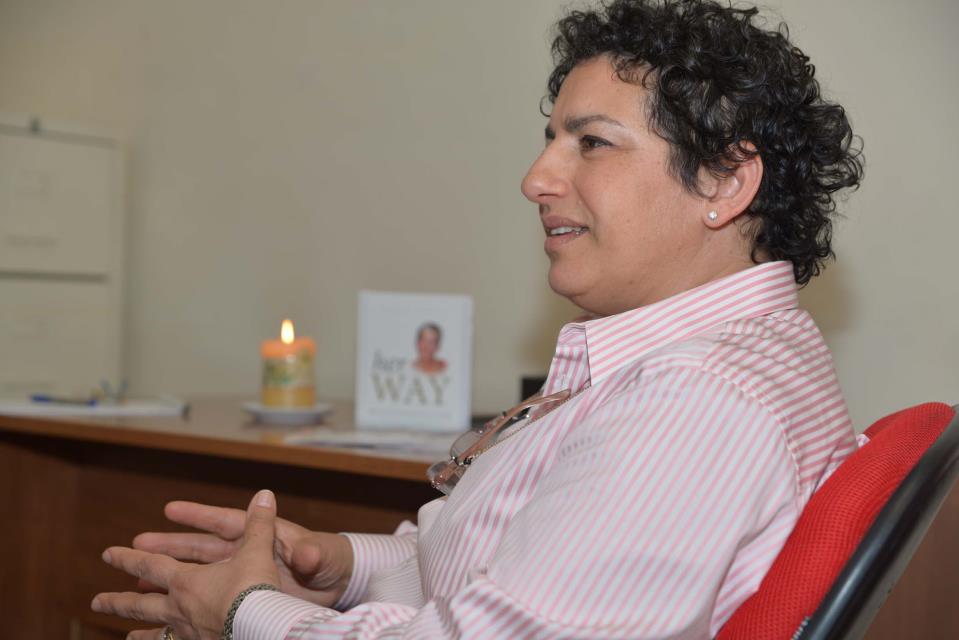The physiological issues of dealing with breast cancer are often more troublesome than the physical ones. Parents have to deal with explaining their illness to their children and throughout diagnosis and treatment; they face issues of insecurity, sexual intimacy and fear. Their loved ones also have their struggles, but they often bottle it up inside. But The Action for Breast Cancer Foundation is now offering a ray of hope, through free professional counseling and psychological support for breast cancer patients, close family members and significant others. Therese Bonnici writes.
“When someone has cancer, the psychological issues are more troubling than the physical ones. The significant other goes through a lot and even the smallest child can act up, because they’re in a way neglected,” says Betty Lee, a member of the foundation and a survivor of breast cancer herself.
“Medically, Malta is providing the very best service it could. But there is a vacuum when it comes to psychological help, and we are aiming to target just that,” she says. “You don’t think straight when you’re diagnosed with cancer, because it is highly associated with death. But this isn’t always the case. In fact, breast cancer has one of the highest survival rates.”
The new service will be offered by health care professionals Anna Catania and Darlinka Barbara.
Anna explains that the patient often needs psychological help at the different stages of illness. Upon being diagnosed, these patients’ lives seem to pause for a while, and then later on they need to deal with therapy, the hormonal changes, with losing hair and perhaps with losing a breast. Following treatment there is the inevitable fear of reoccurrence.
It is highly difficult for mothers to explain the illness to their young ones. “I strongly remember one patient who decided to let her children shave her head, because she did want them to start finding hair on the pillow and be shocked. Her husband and the boys did the same thing, and they had great fun with it,” Betty Lee says.

(Psychologist Darlinka Barbara)
Psychologist Darlinka Barbara explains that not every patient of breast cancer reacts in the same manner. Some are hurt at the fact they no longer feel famer, others might react with anger at being targeted themselves. “Many start facing existential issues. They question whether they’ll survive or whether it’s all worth it. But Support normalises the pain, the experience. You don’t feel like a sore thumb sticking out. Knowing others have dealt with it takes away part of that pain,” she continues.
“ Most clients admit that most often it is not the techniques or the words a therapist says, but rather it is just having someone genuinely listening to you for a given time period. Think about it, how often do you get one hour of undivided attention? It is one hour, just for you.”
The room dedicated to Helen Muscat at the foundation’s offices is all prepared to host the first clients benefitting from the service. The founding members succumbed to the cancer two years ago, but her legacy lives on.
Memories of her and the way she dealt with life have been compiled in a book launched a few days ago, ‘Her Way – Helen’s Inspiration to Life’ and all proceeds will go to support this new service.

(Chairperson Esther Sant)
“Helen was a tremendous personality; she had an impact on everyone she met. For some, she was also a role model. She left a legacy, and we are doing our best to continue that through offering hope,” the current chairperson of the foundation, Esther Sant, says.
Esther agrees, adding that expressing your feelings is already helpful, even if others do not have answers to your questions, and if your doctor can’t guarantee your help.
She says that people in Malta are being much more cancer aware, and people as young as twenty are asking for mammograms, even though these can’t be done. Unfortunately issues arise with elderly women who do not speak up when they feel a lump, sometimes because they are too scared to do so.
Anna conducted her master’s research about partners of breast cancer patients. “Most partners admitted that they often keep their emotions hidden, because they feel their partner is already going through so much.
The illness brings with it sexual implications. “I’ve met women, who stopped being comfortable undressing in front of their partner, because she felt ashamed to show her changed body. Some even refuse to leave the house.” Anna says. “Some might feel worse about losing their hair than losing a breast.”
“You do get through it by being positive, as cliché as that sounds. I wrote about my experience and I joke about it,” Betty Lee says. “Because I’m comfortable speaking about it, others around it are too, but different personalities will tackle it differently.”
Although breast cancer is highly associated with women, men too can be targeted. In Malta, about 8 men a year are being diagnosed with the illness.
“I wish I could take the illness away from these patients. But that I can’t do, so we’re doing what we can. There is support. If you need help, then you must help yourself get it.”
Malta has one of the highest incidences of breast cancer death in Europe, according to statistics released by Eurostat for 2011. In the EU28 in 2011, cancer was the cause of death for 1.28 million persons, responsible for more than a quarter of all deaths (26.3%). 9.7% of cancer deaths in Malta was down to breast cancer, the second highest rate in the EU.
Patients and their loved ones are eligible for 15 free sessions of counseling. Those interested need to submit an application together with a referral from a medical professional. For more information send an email on [email protected] or call on 77771806.